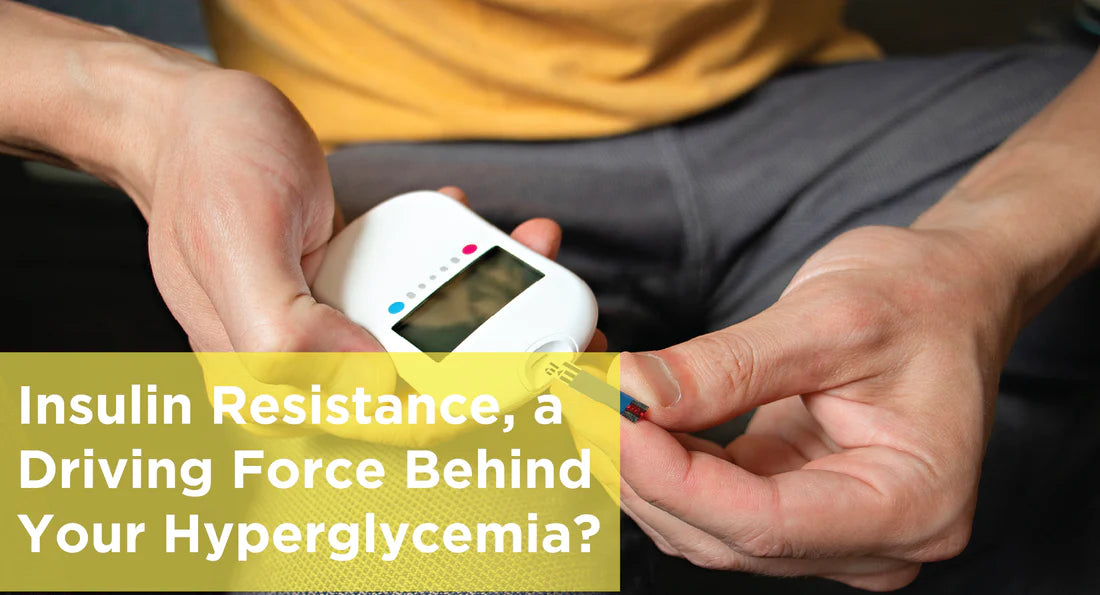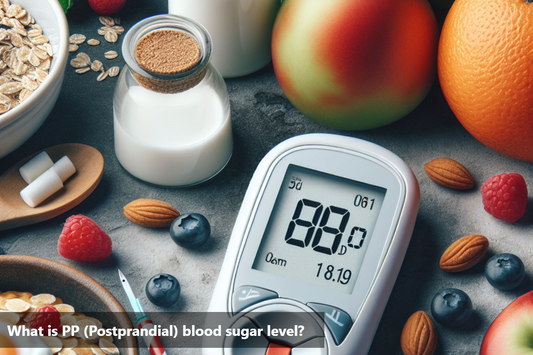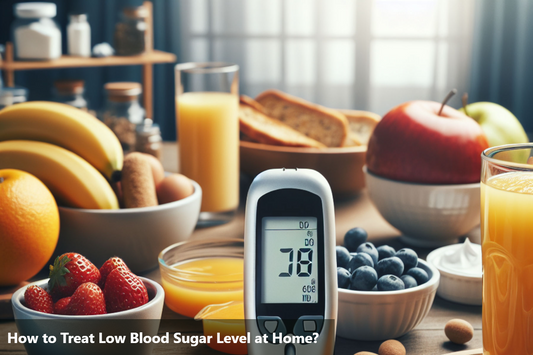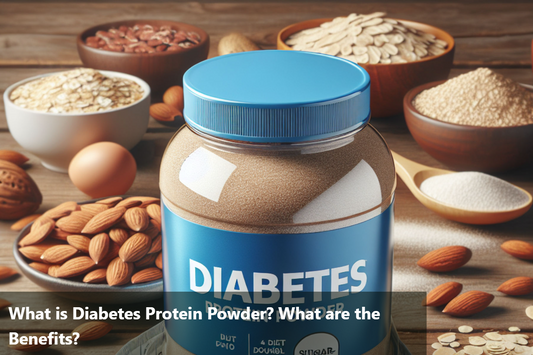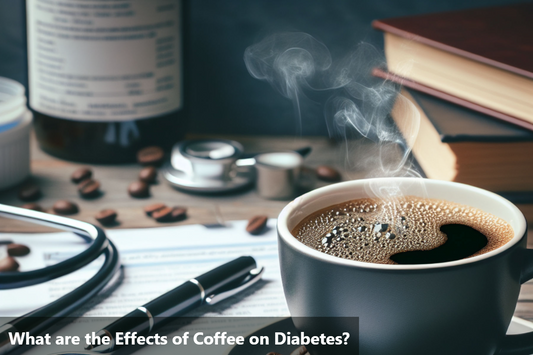Our bodies produce the hormone insulin to maintain healthy blood glucose levels. Insulin is produced by beta cells of the pancreas. The primary function of insulin is to transport blood glucose into the body's cells, where it is used to produce energy. Insufficient insulin causes glucose to accumulate in the bloodstream rather than enter your cells to provide you with energy.
Your blood glucose levels are balanced by insulin. It instructs your body to keep any excess glucose in your liver when your blood glucose level is too high. When your blood glucose levels fall, the glucose that has been stored is released. Because Type 1 diabetes causes the body to stop producing insulin, daily insulin injections are necessary for survival. In those with Type 2 diabetes, the body either produces insufficient insulin or the insulin produced is not efficient enough to bring down blood sugars.
What is insulin resistance?
When cells in the body don't react effectively to insulin signals for communication, that condition is known as insulin resistance(IR). As a result, there is a higher chance of getting prediabetes and ultimately Type 2 diabetes.
To put this simply, let's understand the IR in the following steps:
- Insulin is essential for regulating blood sugar levels.
- Insulin resistance is the inability of the cells in your muscles, fat, and liver to respond to insulin in a way that allows them to use blood glucose for energy.
- Blood glucose levels rise after food intake. Insulin is secreted in response to high blood glucose. However, in an insulin-resistant person, since the body does not respond to the action of the hormone, the pancreas works increasingly hard to produce more insulin to compensate for the reduced rate of glucose absorption.
- Your blood sugars remain in the safe range as long as your pancreas can produce more insulin to bring down the blood glucose.
- Over time, elevated levels of endogenous insulin production further exacerbate insulin resistance.
- With more cells becoming insulin resistant, your pancreas eventually loses the ability to generate enough insulin to overcome the resistance, which results in hyperglycemia, or high blood sugar, resulting in symptoms.
- Insulin resistance(IR) precedes the development of type 2 diabetes by 10-15 yrs. In other words, IR does not develop overnight. Many changes happen at the cellular level before you actually begin to notice hyperglycemia.
Symptoms of insulin resistance
Dr Benjamin Bikman, a renowned metabolic scientist and author of the book “Why do we get sick” has listed 9 signs of insulin resistance.
Does insulin resistance trigger diabetes?
Anyone can experience insulin resistance, whether it is short-term or persistent. If persistent insulin resistance is not addressed or is not manageable, it might eventually result in prediabetes and Type 2 diabetes.
When blood glucose levels are above normal but not high enough to be classified as diabetes, you have prediabetes. People with some level of insulin resistance are more likely to develop prediabetes.
The most prevalent type of diabetes, Type 2, can develop from prediabetes. When your body has insulin resistance or your pancreas doesn't produce enough insulin, it results in Type 2 diabetes.
Diagnosis of diabetes
Blood sugar levels over 125 mg/dL (milligrammes per deciliter) while fasting or without food for at least eight hours is known as diabetes. It is also a hyperglycemic condition.
You should talk to your doctor about bettering your diabetes control if your blood sugar is consistently high. Additionally, if you typically have stable blood sugar levels but are seeing sudden spikes in blood sugar, there may be an acute underlying problem.
Preventing hyperglycemia
You might avoid getting hyperglycemia by making a few lifestyle adjustments. Try the following advice:
- Regular tests: You should regularly check and track your blood sugar levels every day.
- Limit on carbs: Know how many carbohydrates you're consuming at each diabetes meal and snack to control your intake. Try to keep within the parameters that your doctor or nutritionist has recommended.
- Get moving: One of the finest and most efficient ways to maintain healthy blood glucose levels and reduce them if they are too high is through exercise.
- Strong signs of this disease include high fasting insulin concentrations. With the help of your insulin and blood sugar levels, a test known as HOMA-IR evaluates your level of insulin resistance.
The bottom line
The symptoms of hyperglycemia most likely won't be felt straight away. But over time, it can result in observable signs like excessive thirst, increased hunger, and frequent urination. You may potentially acquire Type 1 and Type 2 diabetes if the hyperglycemia is not appropriately managed. You may better control your blood sugar by paying attention to your numbers, eating wisely by being mindful of the nutrients you are taking, staying hydrated, and maintaining a healthy lifestyle.
Reference:
https://www.webmd.com/diabetes/insulin-resistance-syndrome
https://www.healthline.com/health/diabetes/insulin-resistance-symptoms
https://www.sciencedirect.com/science/article/abs/pii/S1557084309800031
This Blog post is an initiative by DiabeSmart, to provide accurate and Nutritionist / Doctor approved information related to Diabetes. DiabeSmart is India's first Food brand designed specifically for Diabetics, that has been clinically tested on Diabetics and Pre-Diabetics to deliver 55% - 70% lower Sugar spikes. DiabeSmart is part of Lo! Foods - India's leading brand for Everyday Functional Health foods.

